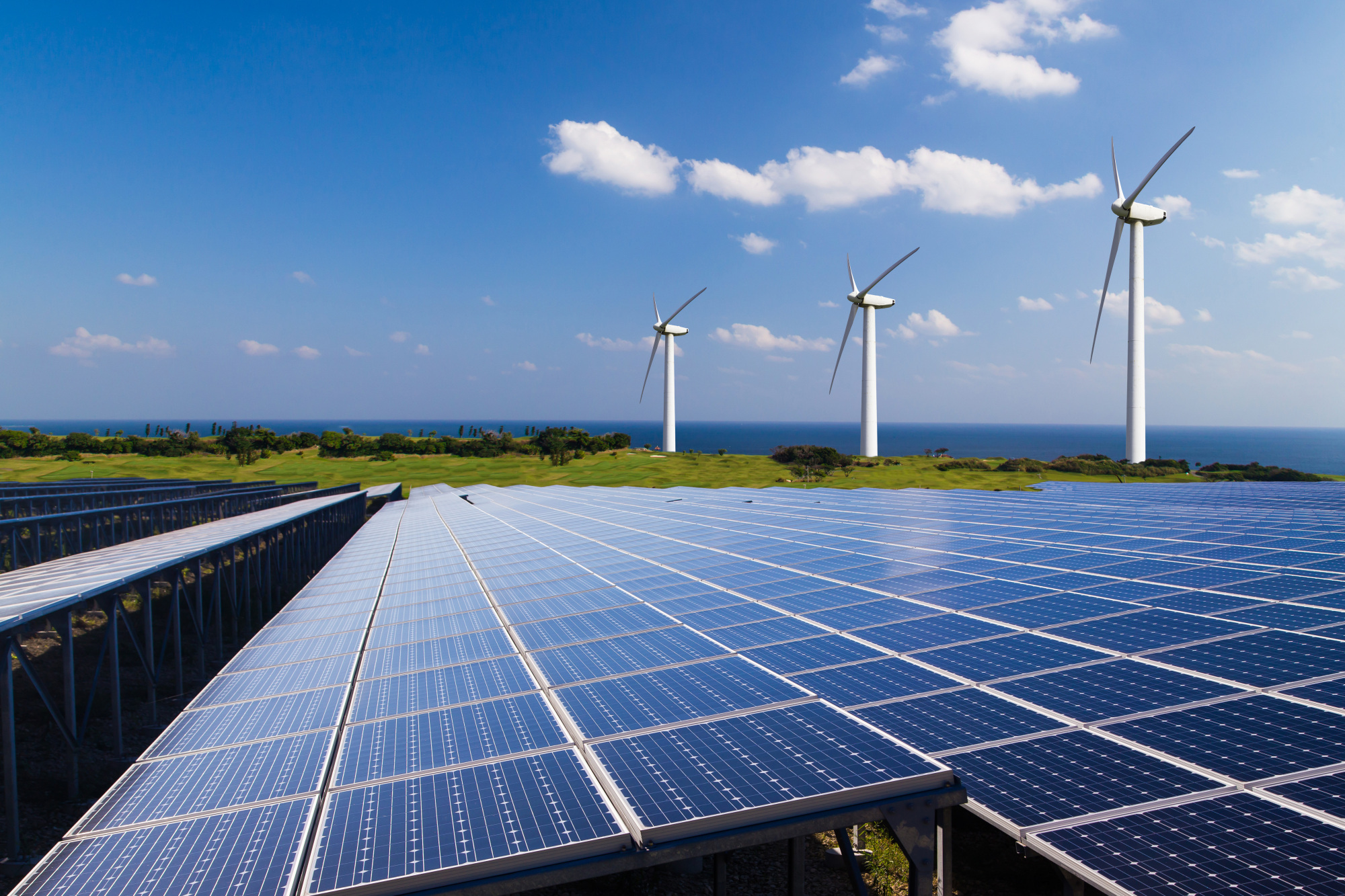As Jeremy Rifkin says in his 2014 book "The Zero Marginal Cost Society," the internet and renewable energy will play leading roles in bringing about changes to lifestyles and society during the first half of the 21st century. They both will reduce the marginal cost of goods and services to near zero. In other words, we will soon enter into an age in which we can obtain many goods and services free of charge without going through markets.
A rather academic explanation may be helpful here. The marginal cost is defined as the cost a corporation needs to shoulder when it increases the goods or services it provides by one unit. In the case of manufacturing industries that process raw materials, a large portion of the marginal cost in producing one more unit is accounted for by the cost of incremental raw materials and the additional labor cost arising from longer working hours.
In the early 1990s, I started using email. Until then, postal services, telephone and facsimile machines had been an indispensable means of communication for me. And the cost of communicating through these means was quite high — especially overseas telephone calls. But today, I can send emails to the United States, China, Europe or any other part of the world free of charge because the marginal cost of email transmission is zero.


















With your current subscription plan you can comment on stories. However, before writing your first comment, please create a display name in the Profile section of your subscriber account page.